The Misconception: “Free Means Free-for-All”
We’ve all been there—starting out as a new designer, grabbing whatever templates we can find, and diving into projects with excitement. It’s easy to assume that if a template is free or even purchased, we can do whatever we want with it.
But here’s the thing: template licenses have rules, and understanding them is key to protecting both your business and your reputation.
I see so many talented designers unknowingly putting themselves at legal risk—using templates in ways they weren’t meant for, or even selling work that technically isn’t theirs. No judgment here; there’s a lot of confusion around this topic! That’s why we’re breaking it all down today so you can move forward with clarity, confidence, and creativity.
The Reality: Licensing Terms Matter
Think of template licensing like owning a vinyl record. You can buy it, listen to it, and enjoy it, but you can’t press your own copies and sell them as your album. The same goes for design templates—even if you edit it, you don’t own the original design.
Here’s where many designers get tripped up:
✔ Modifying a template doesn’t make it yours. Changing colors, fonts, or layouts doesn’t erase the original designer’s ownership.
✔ Personal use ≠ commercial use. Just because a free template works for your own portfolio doesn’t mean you can use it for a paid client project.
✔ You can’t resell or redistribute templates. Whether it’s free or paid, unless the license explicitly allows it, you cannot take someone else’s design, tweak it, and sell it as your own.
Types of Template Licenses & What They Mean
Not all licenses are created equal! Here’s a quick breakdown:
- Personal Use License: You can use the template for yourself (like a personal portfolio) but NOT for client work or anything that generates income.
2. Commercial Use License: You can use the template for client projects, but you still can’t resell or redistribute the template itself.
3. Extended/Developer License: Some designers offer these for an extra fee, allowing you to use the template in products you sell (with restrictions).
4. Exclusive vs. Non-Exclusive Licenses: An exclusive license means only you can use the design, while a non-exclusive license means multiple designers can purchase and use the same template.
5. Creative Commons & Attribution Licenses: Some free templates require you to give credit to the original designer—don’t skip this step if it’s in the terms!
Where to Find Legit Templates for Commercial Use
If you’re looking for templates you can use for client work (without stressing over licensing issues), here are some trusted sources:
*Northfolk – Premium, high-end Showit templates designed for creative businesses. (use code BrieLouise to save 15%)
*Superhero Design Co. – Stylish, strategic templates for Showit and other platforms. (use code brielouise to save $$)
*Showit Library – Only the ones designed by Showit (not third-party designers) are for commercial use! Read their articles for designers here. (code brielouise gets you a free month when you sign up for a subscription)
*Becca Luna Library – Bold, edgy designs for Showit, with licensing info provided.
*Brand Me Gorgeous – Gorgeous premade sites and canvases that can be used commercially.
NOTE: Even when purchasing from these sources, always read the licensing terms to be sure you’re using the template correctly!
Why This Matters (and What Happens If You Ignore It)
Beyond the legal risks (copyright claims, cease & desist letters, potential lawsuits—yikes), violating licensing terms damages your reputation as a designer. No one wants to be known for stealing another creator’s work, even unintentionally.
Plus, respecting licenses supports fellow designers. Someone put in the work to create that template and set the terms for how it can be used. As creatives, we should uplift each other, not undercut the industry.
How to Make Sure You’re Using Templates Legally
Before you download or buy a template, make sure you:
*Read the license. Don’t assume—check the actual terms.
*Give credit if required. Some free templates require attribution to the original designer.
*When in doubt, ask. Many designers are happy to clarify their terms if you reach out.
*Want full ownership? Create from scratch. Or buy an exclusive license if offered.
If you’re still unsure about how to legally use templates, create portfolio pieces, or design for clients without licensing headaches, I’ve got you covered.
In my Showit Your Way Mentorship, we go over exactly how to:
Use templates legally for client work and portfolio pieces
Modify templates while staying within licensing rules
Create your own templates from scratch so you never have to worry about ownership
Book a coaching session today and let’s make sure your design business is set up for success!
Chat soon!
Brie xo
Disclaimer: Heads up! Some links I share are affiliate links, which means if you snag a template through my link, I get a small commission—at no extra cost to you. Think of it as buying me a coffee (or a ticket to the next great show!) while you build something epic. Win-win, right? I only recommend what I truly love, so if it’s linked here, you know it’s top-tier.
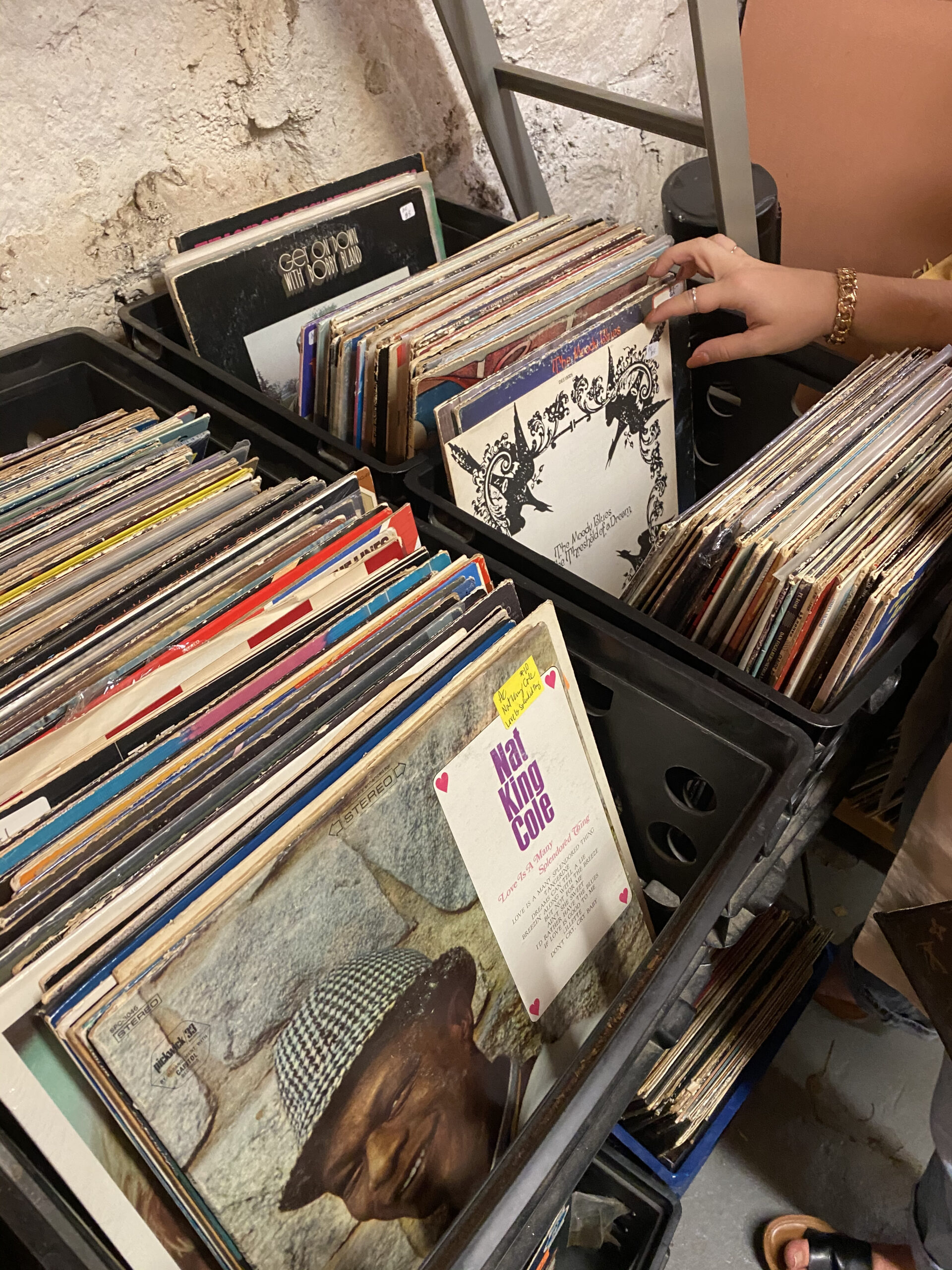
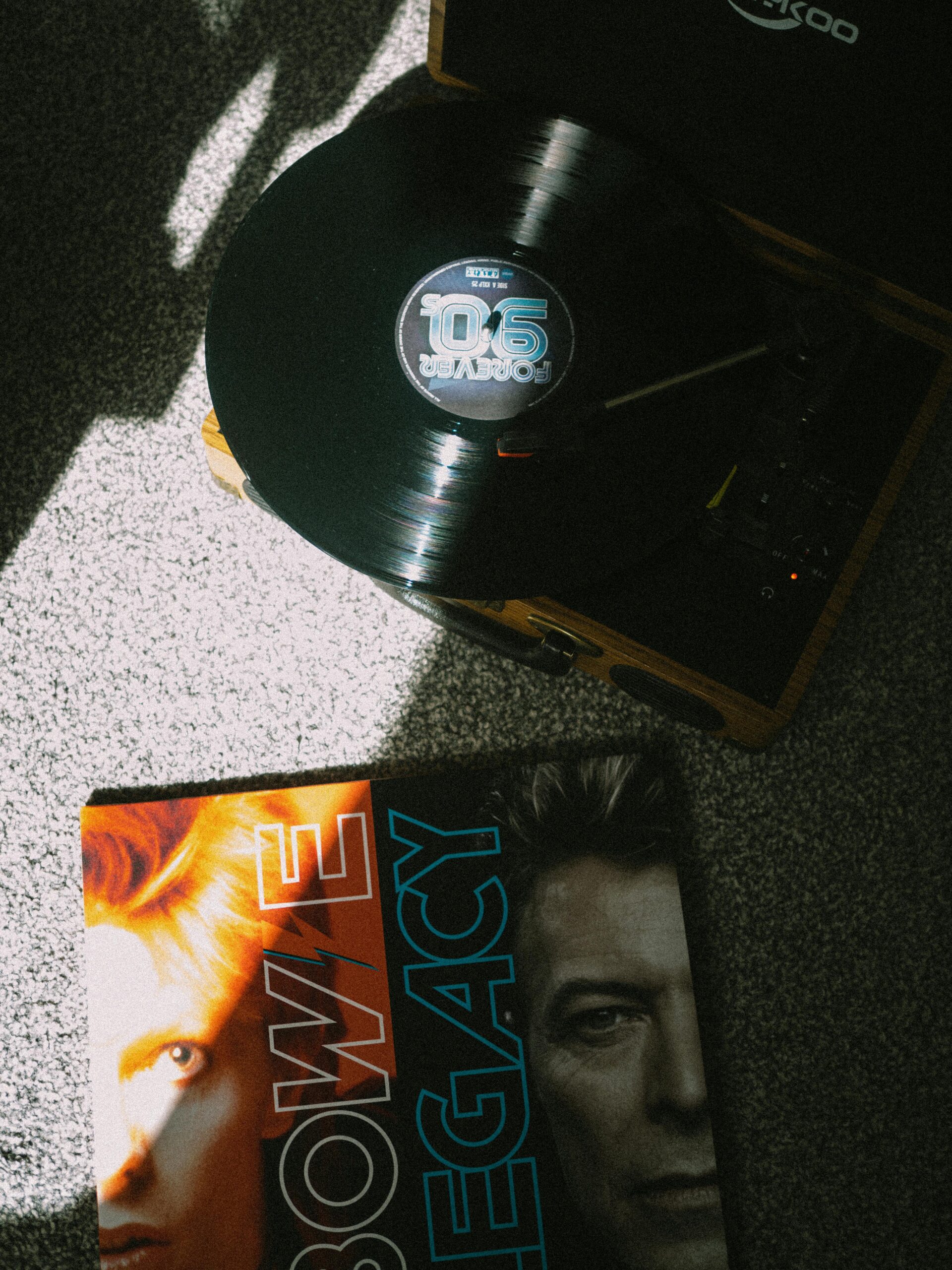




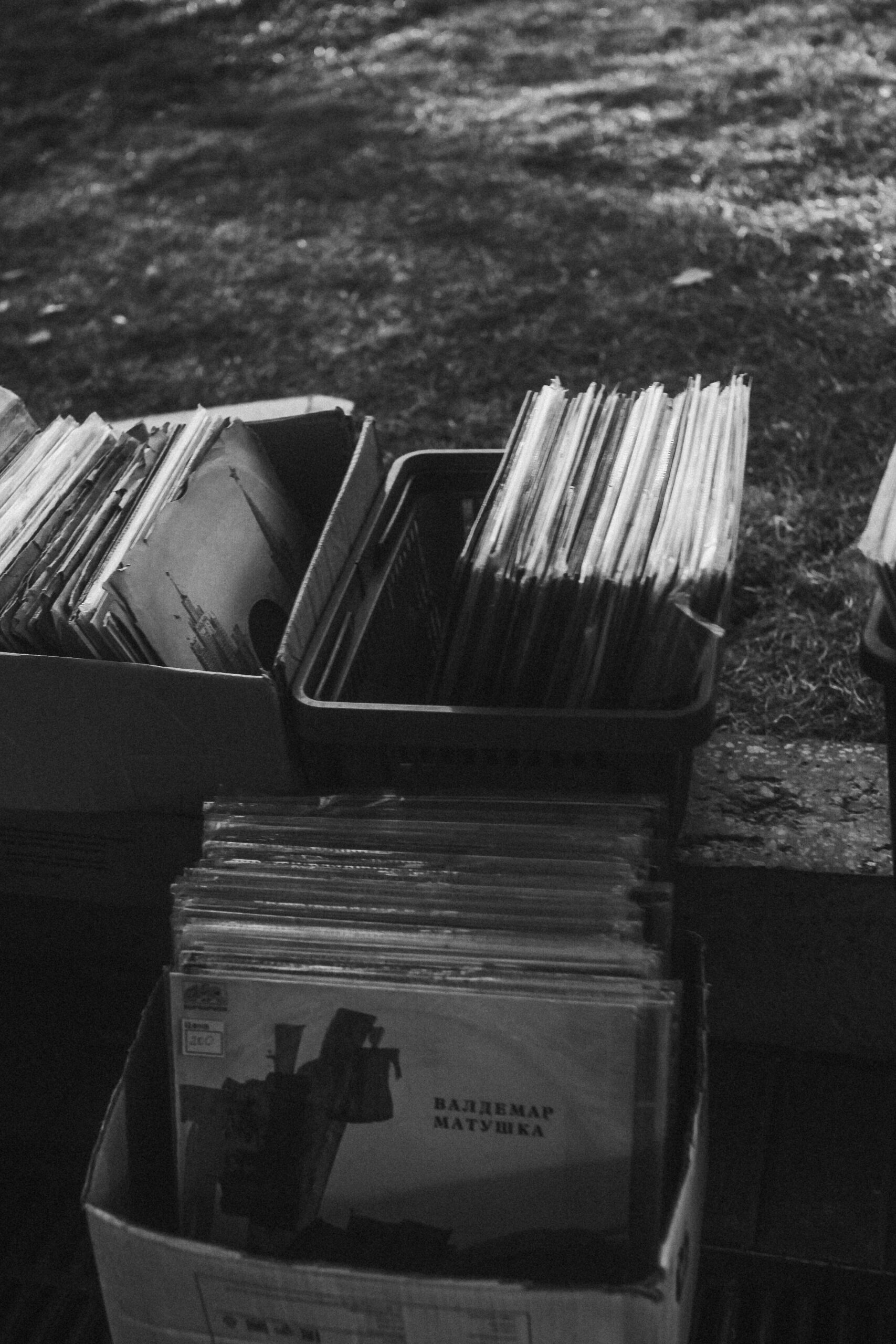

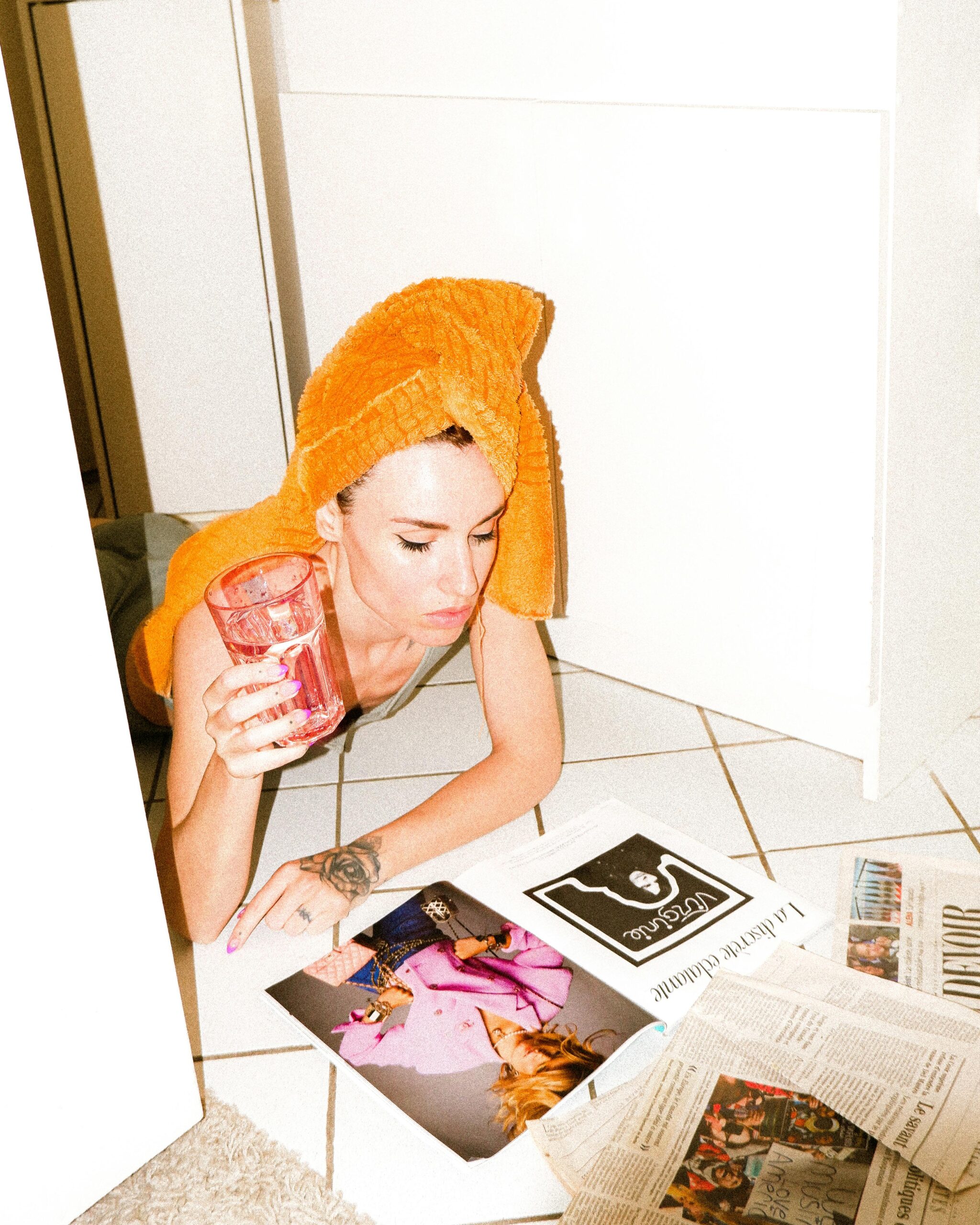


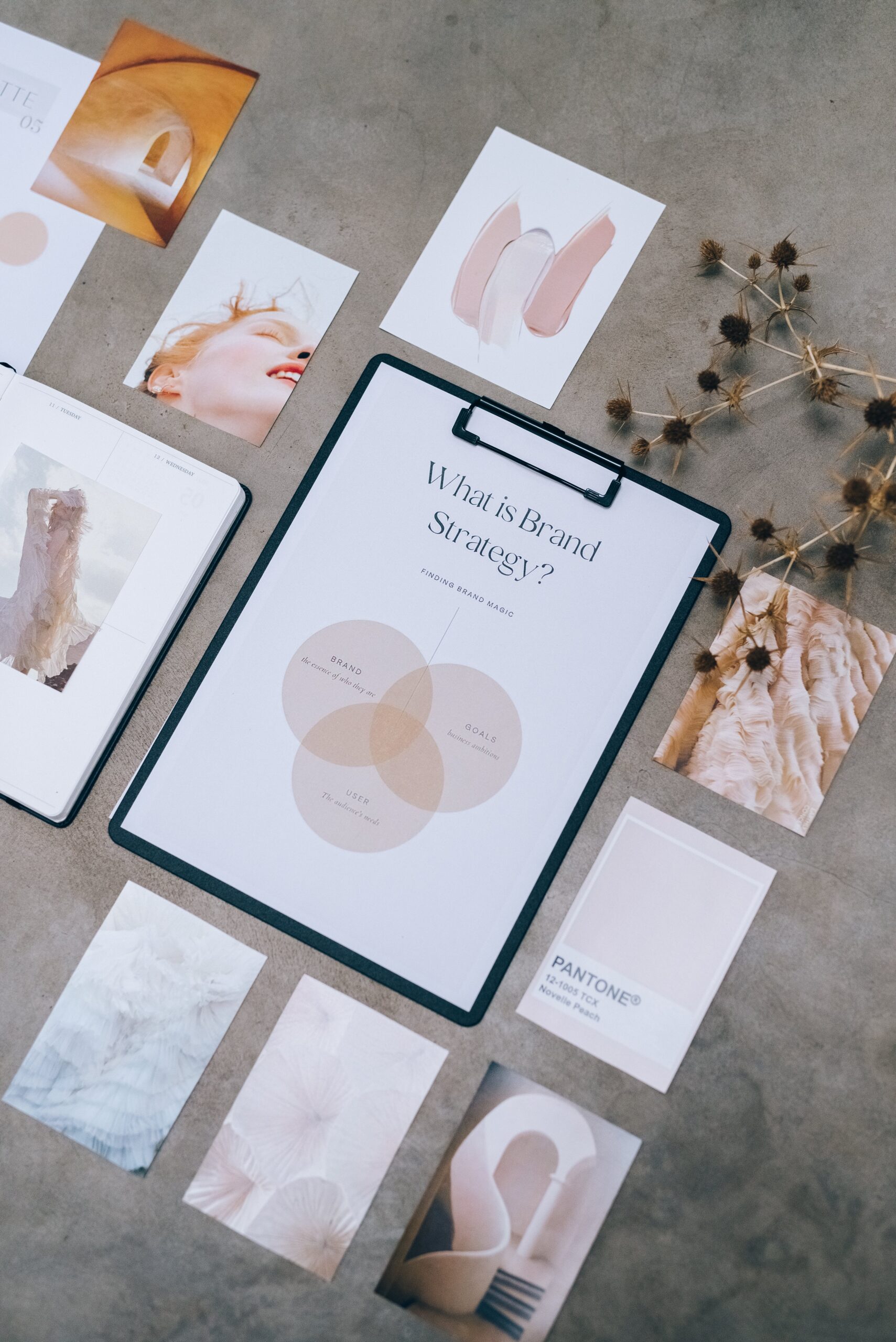
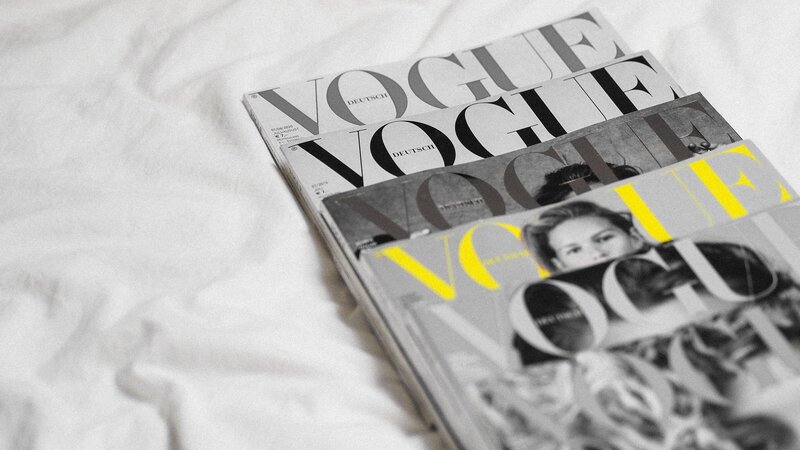



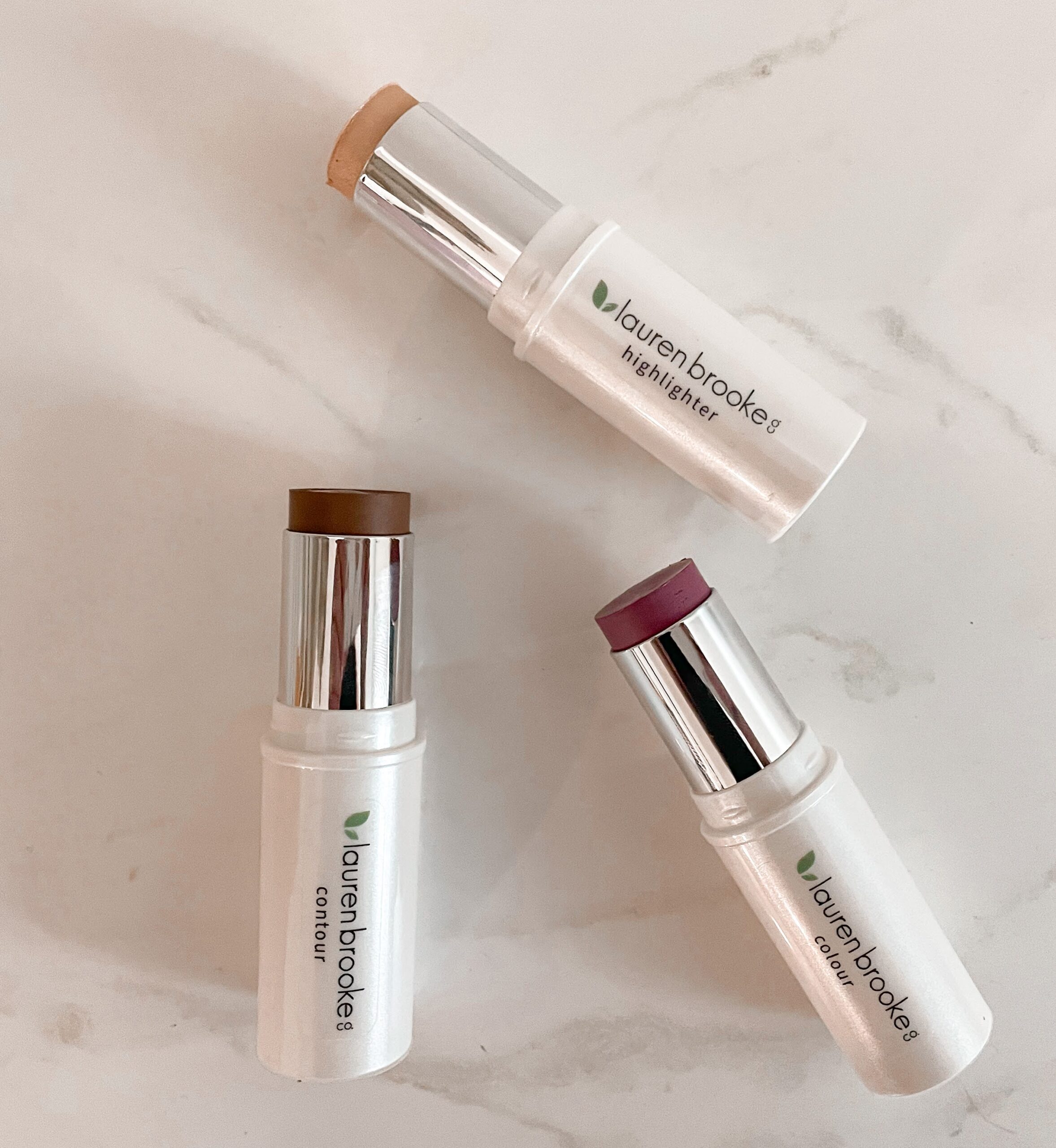
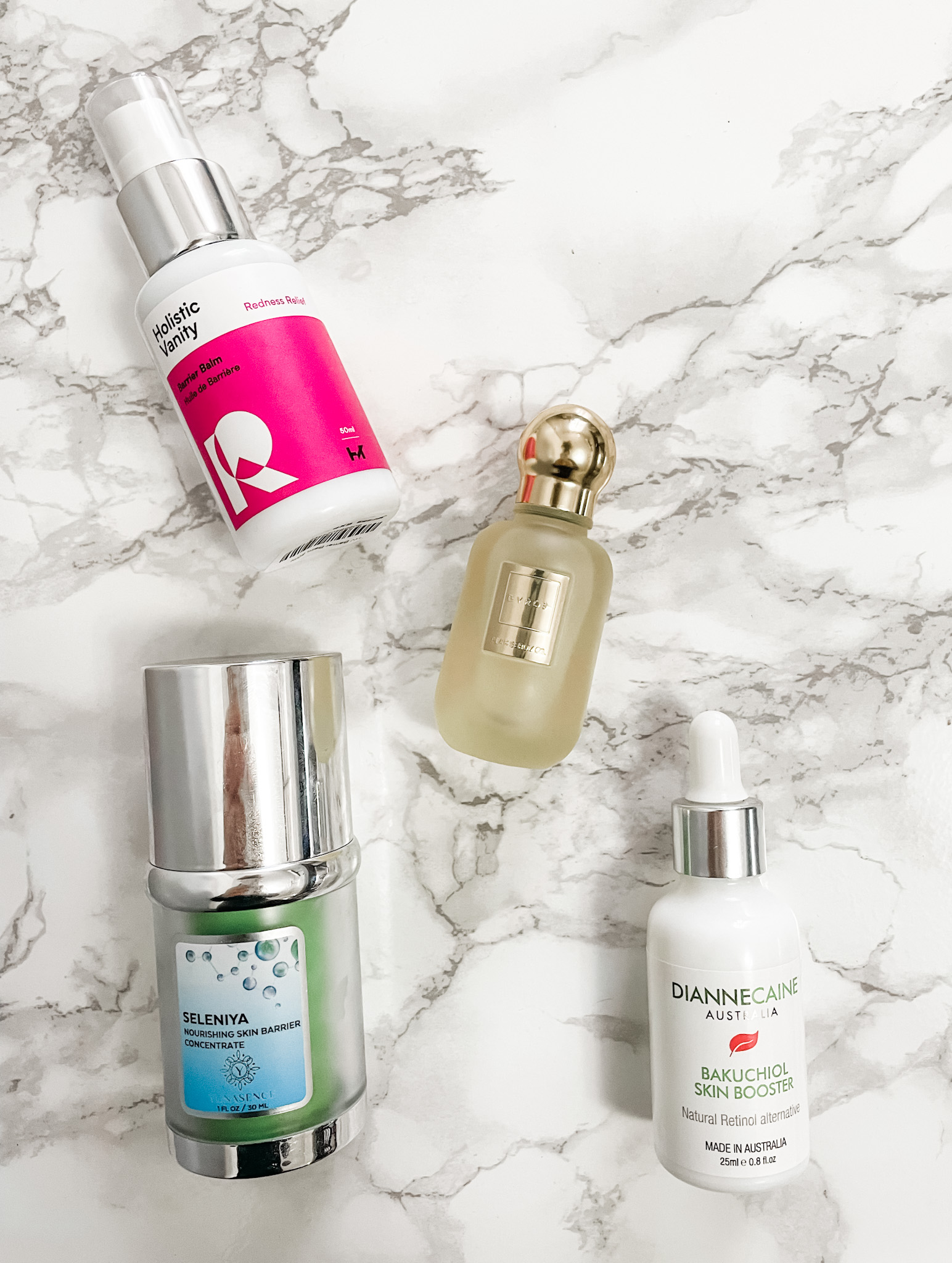

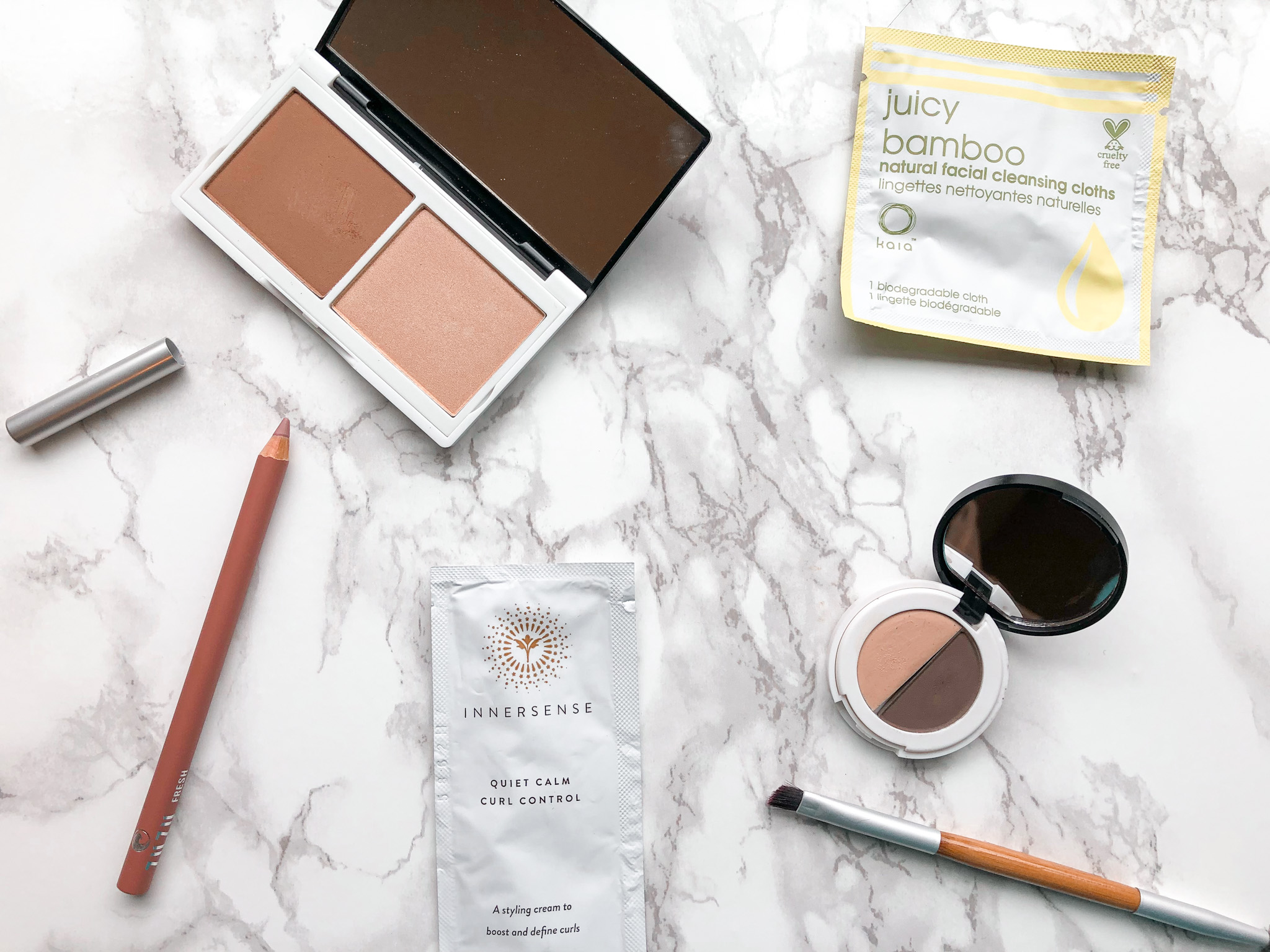
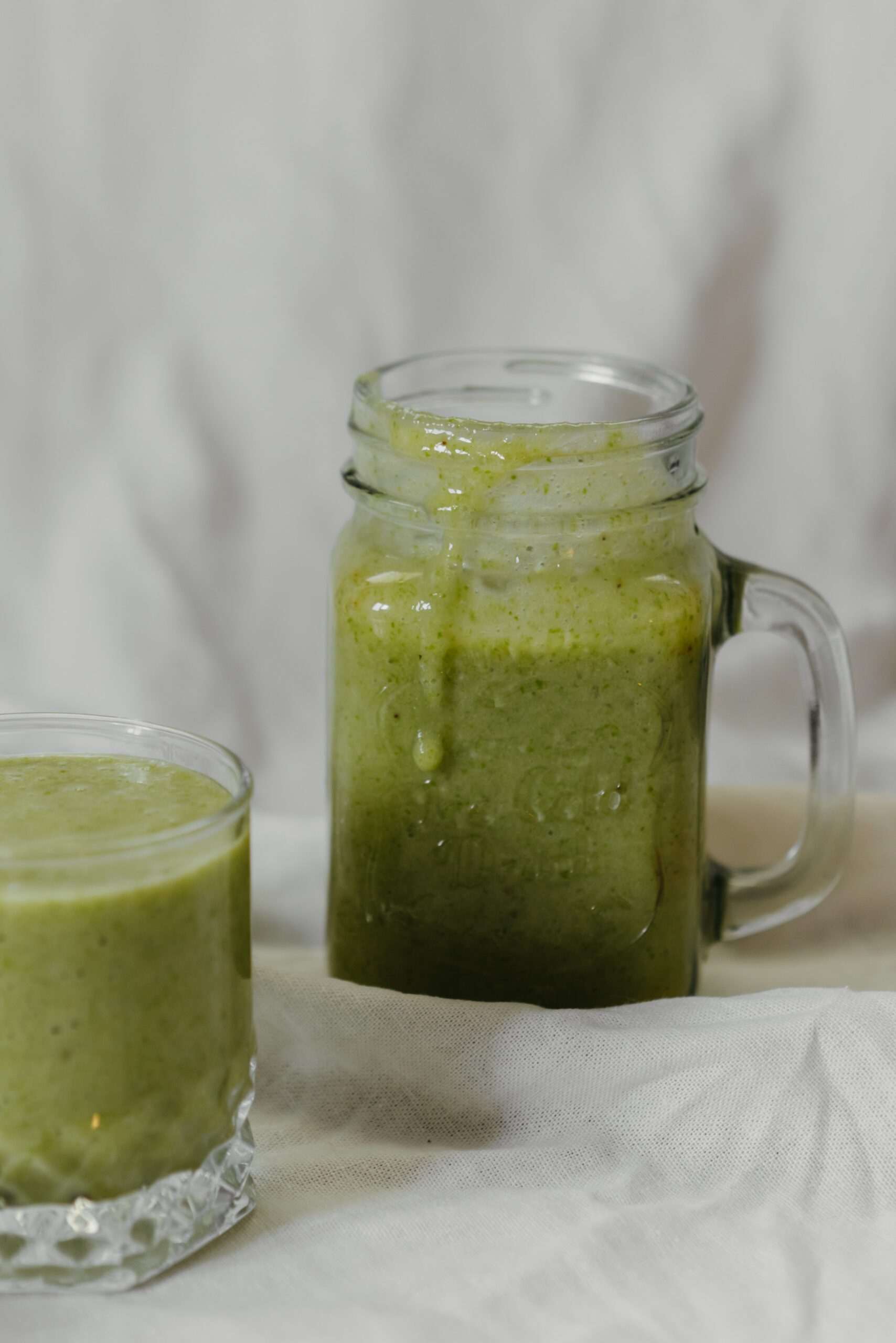
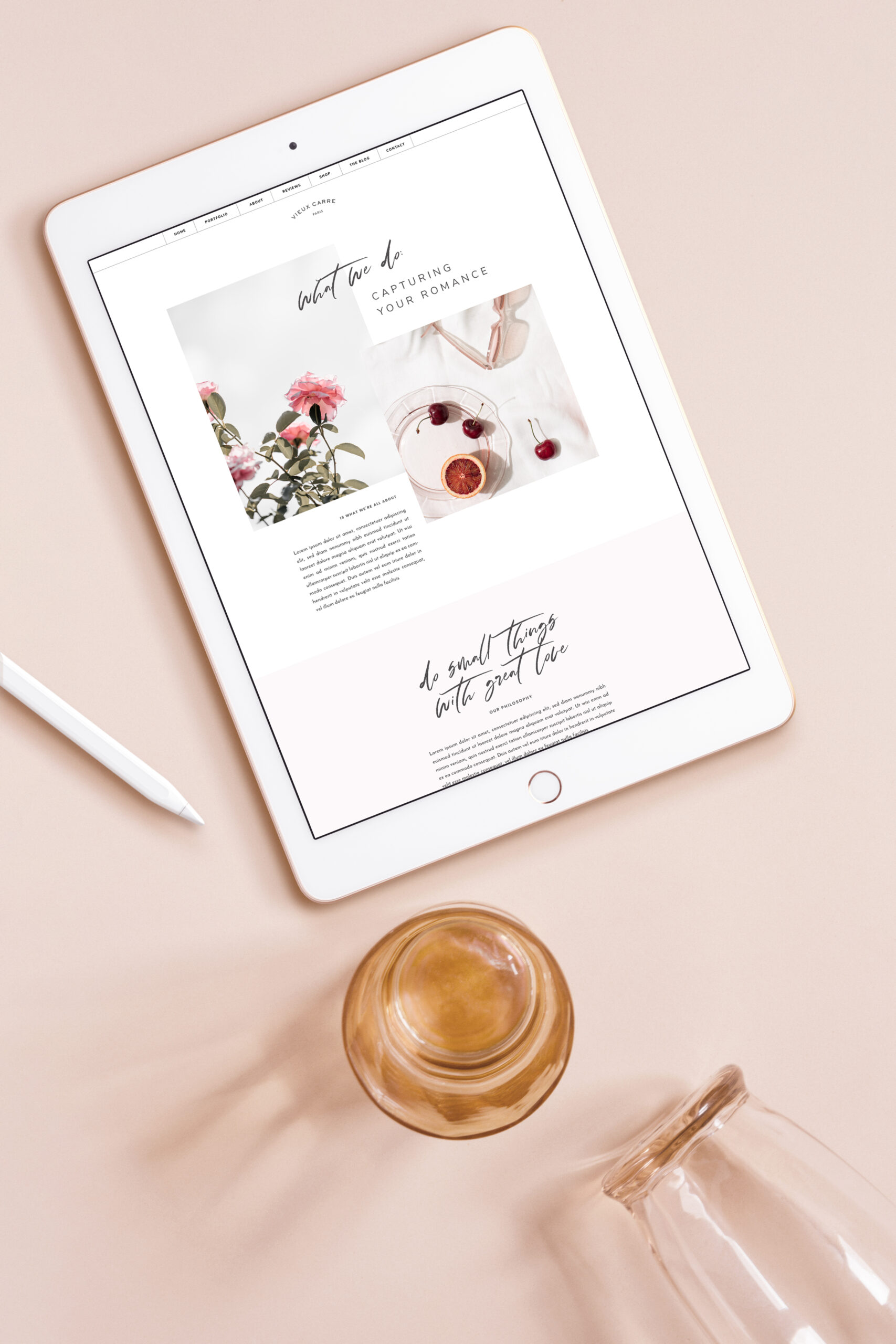

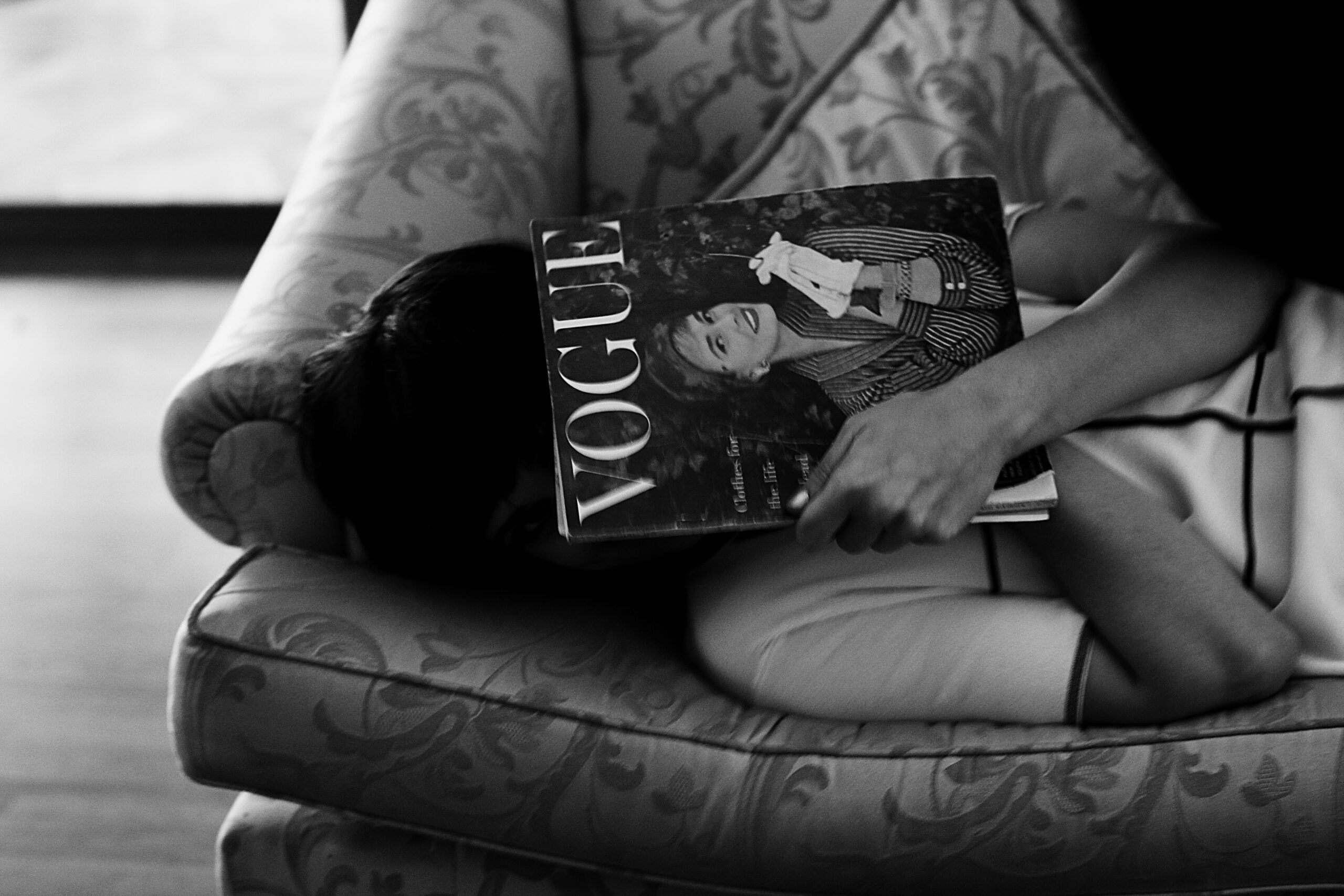
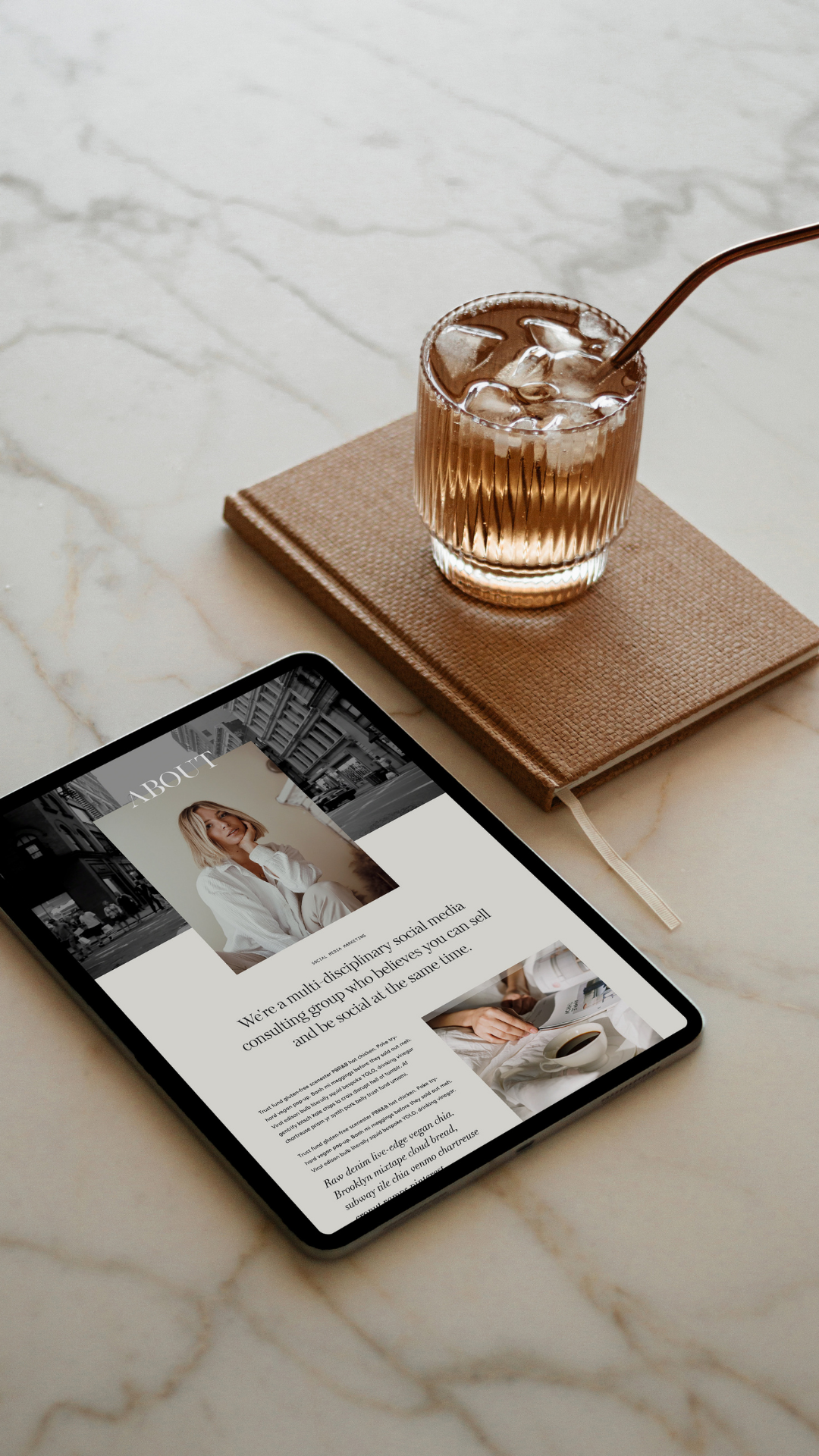
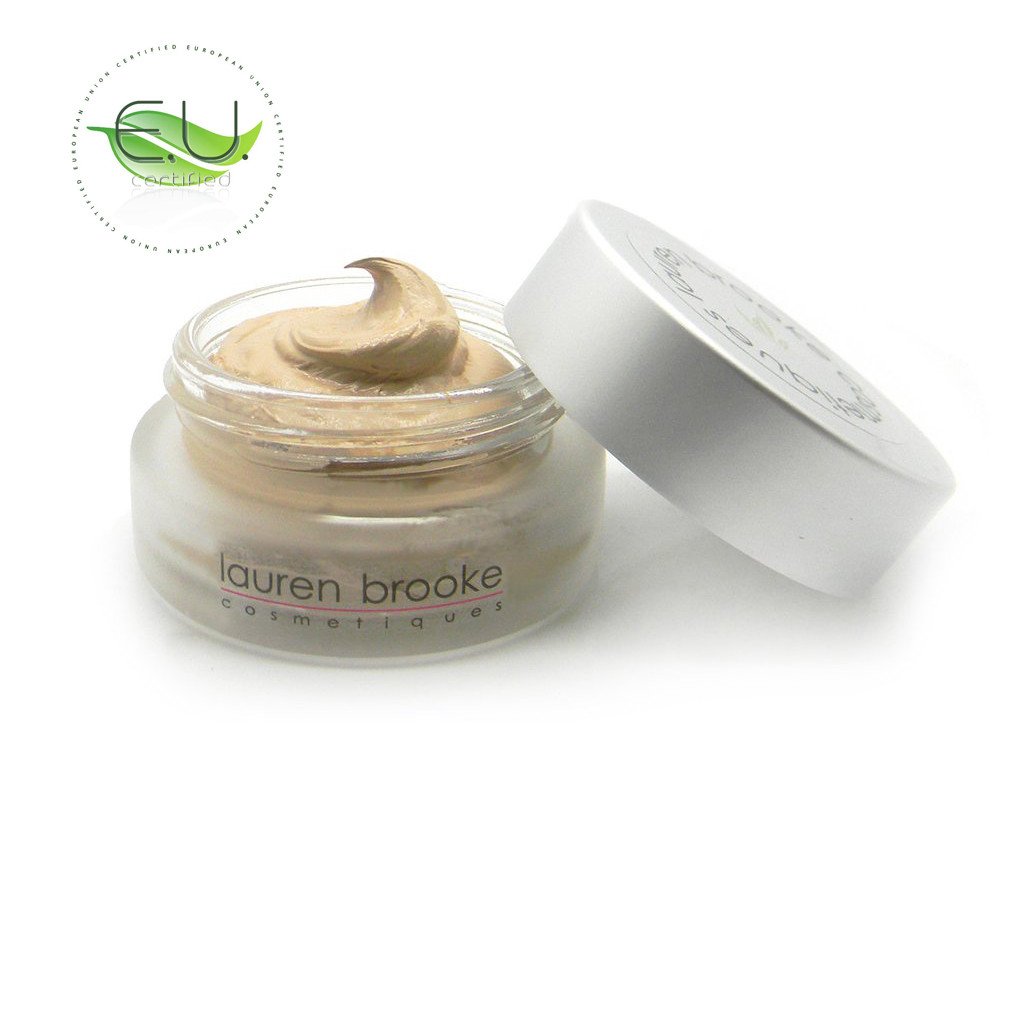
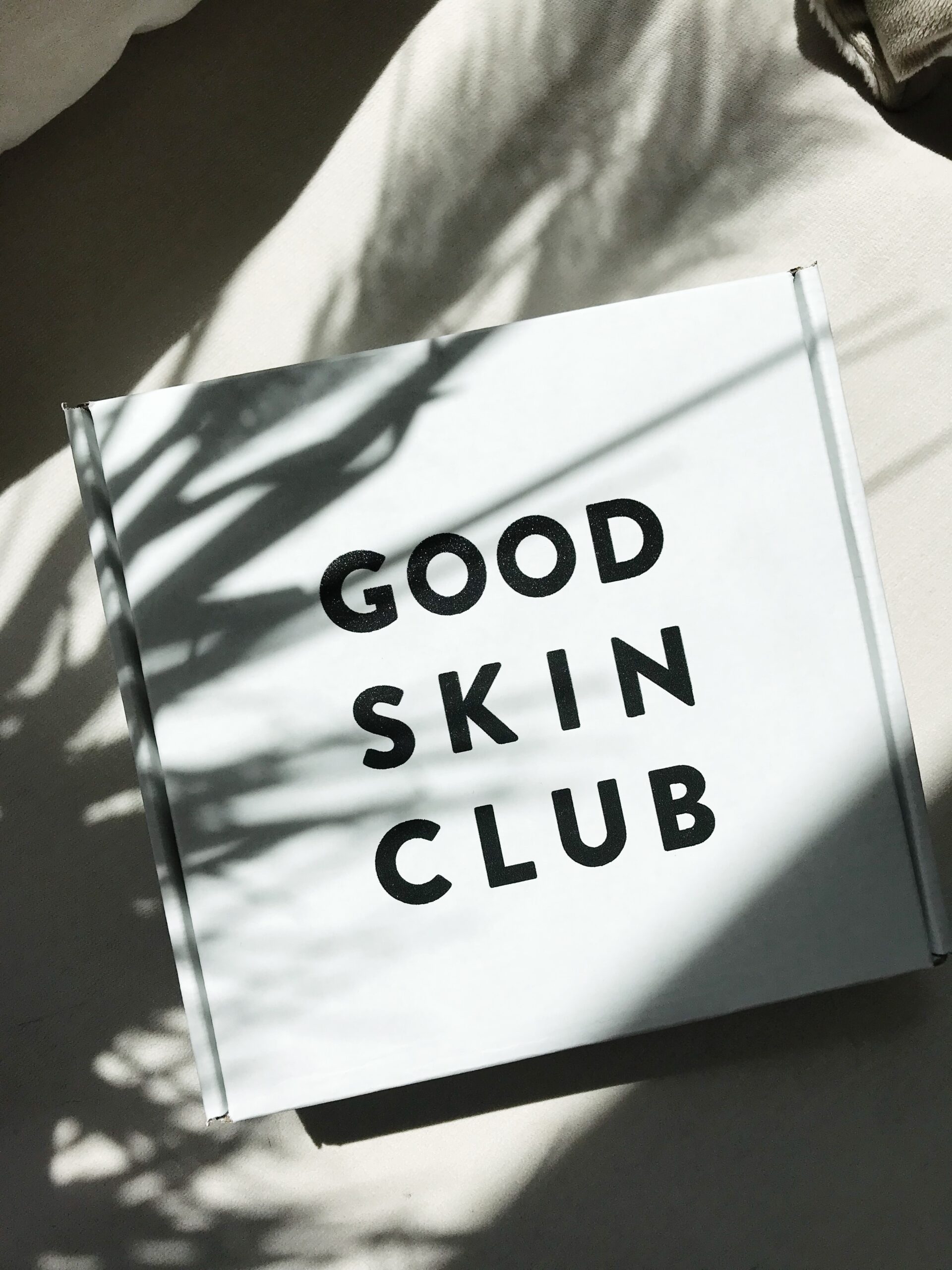
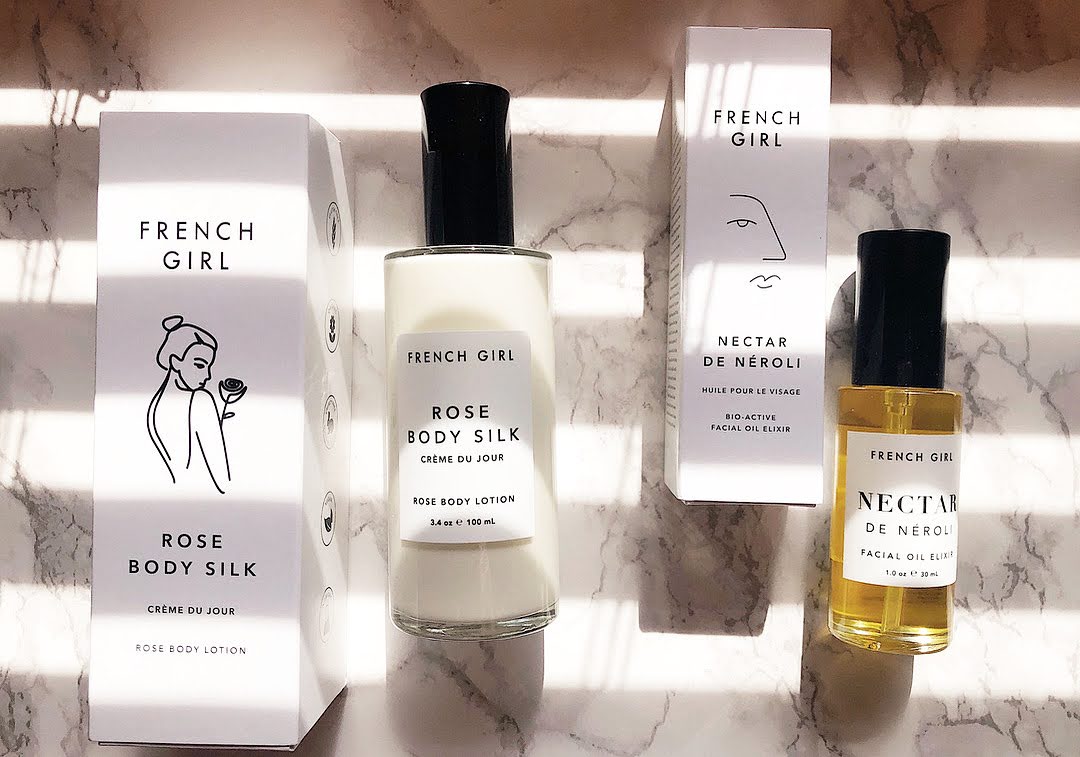

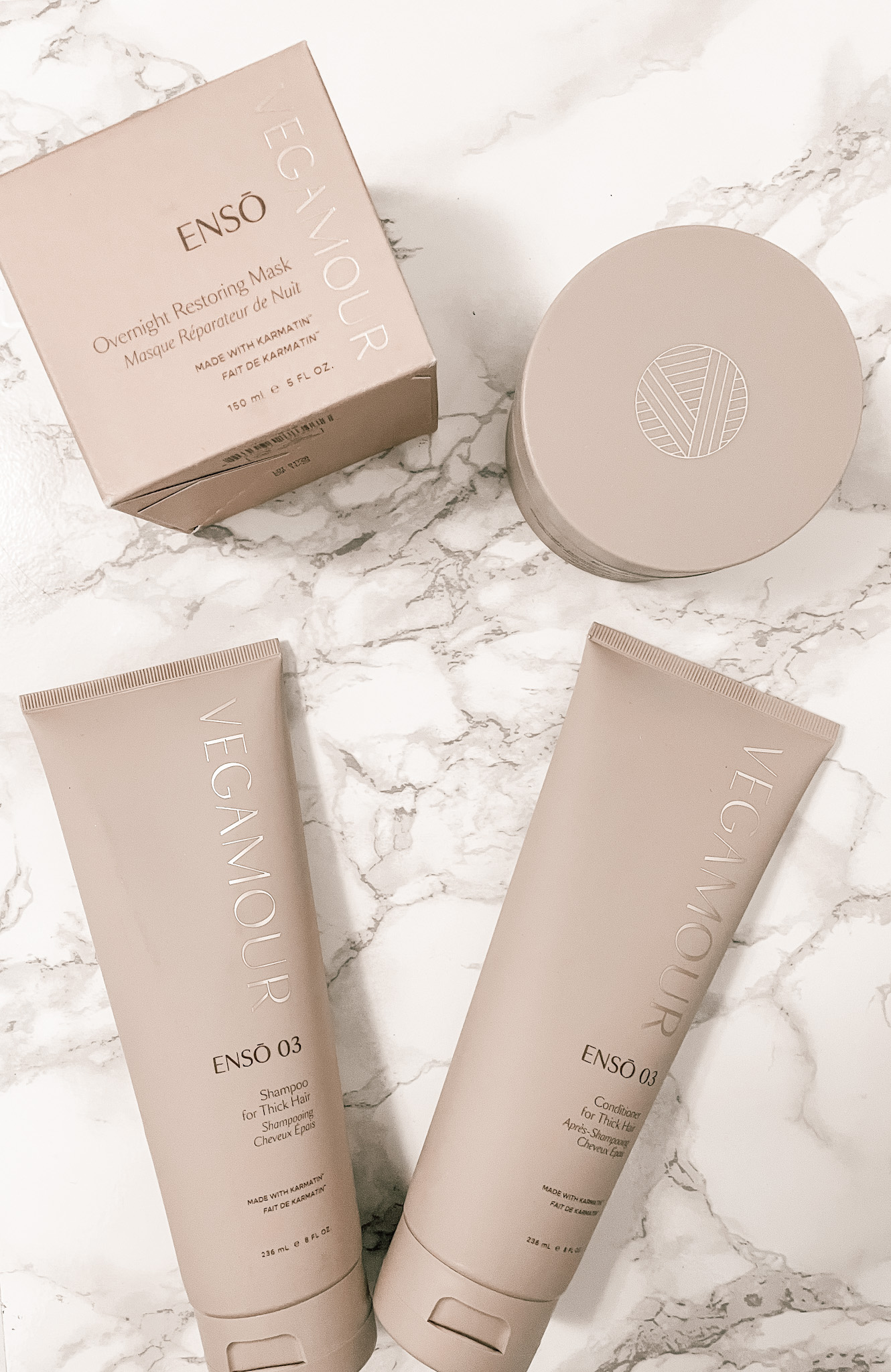

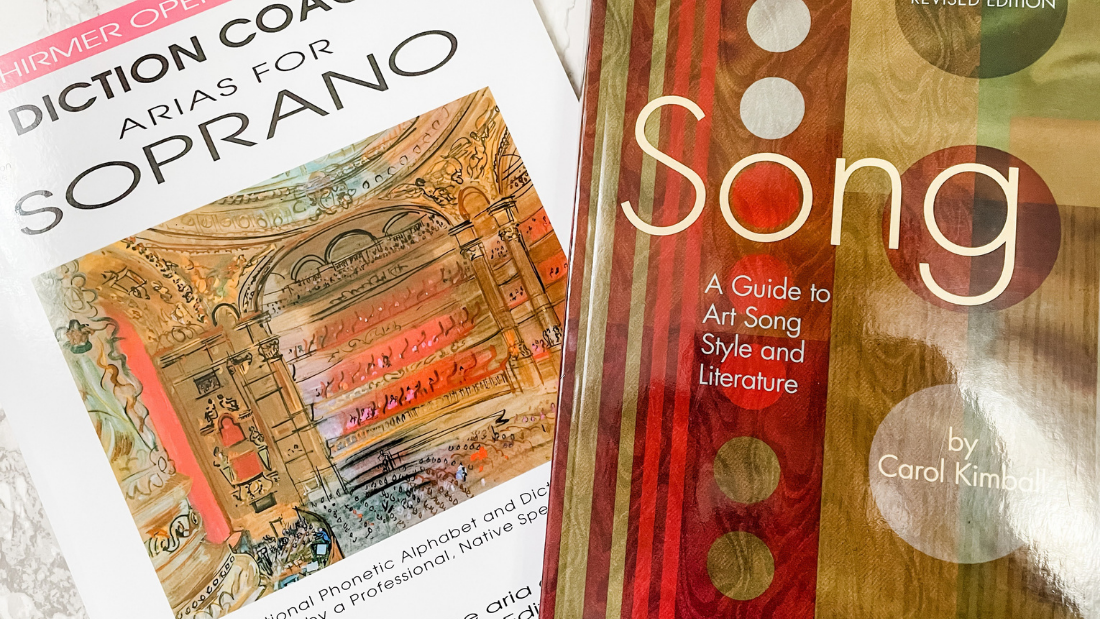

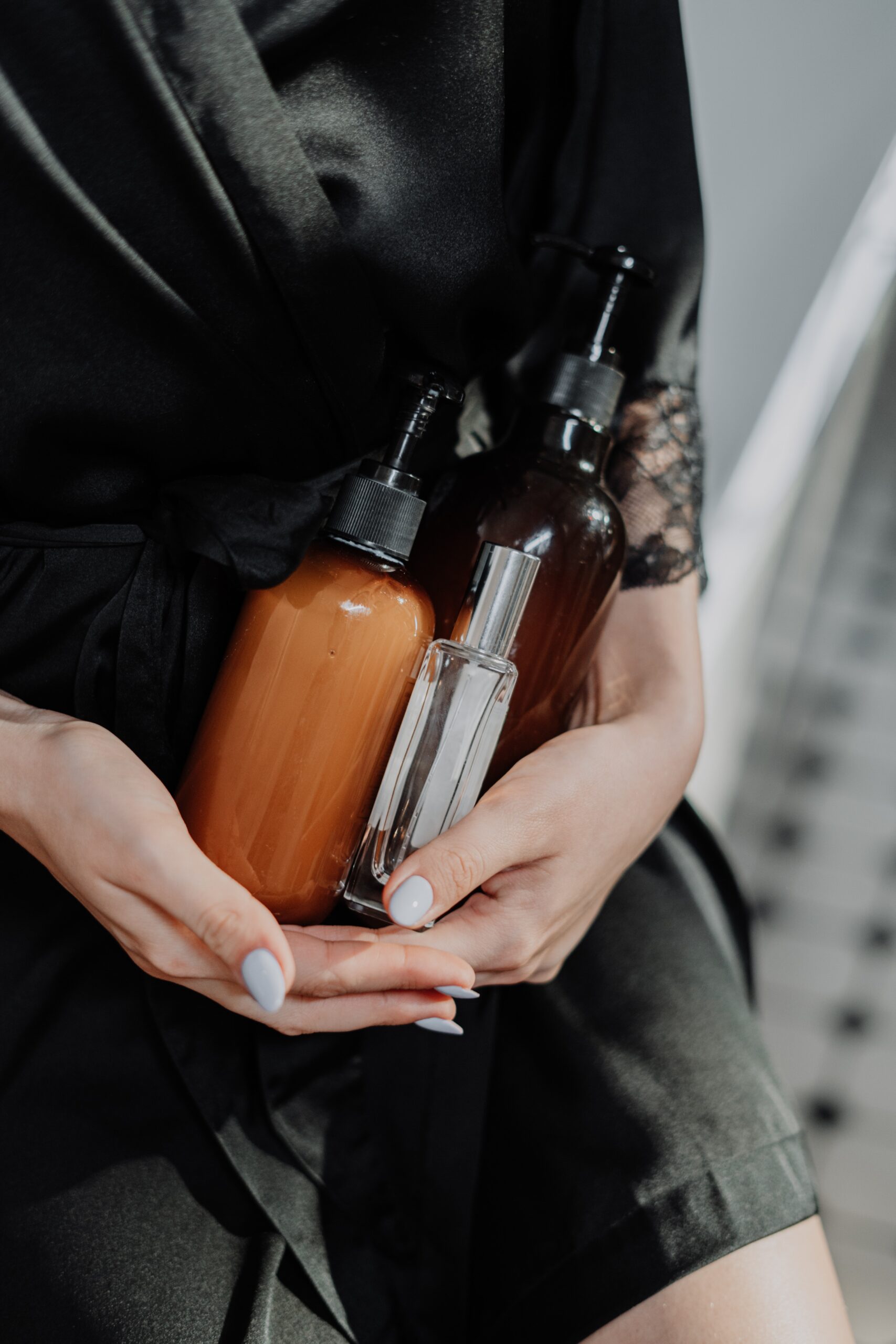










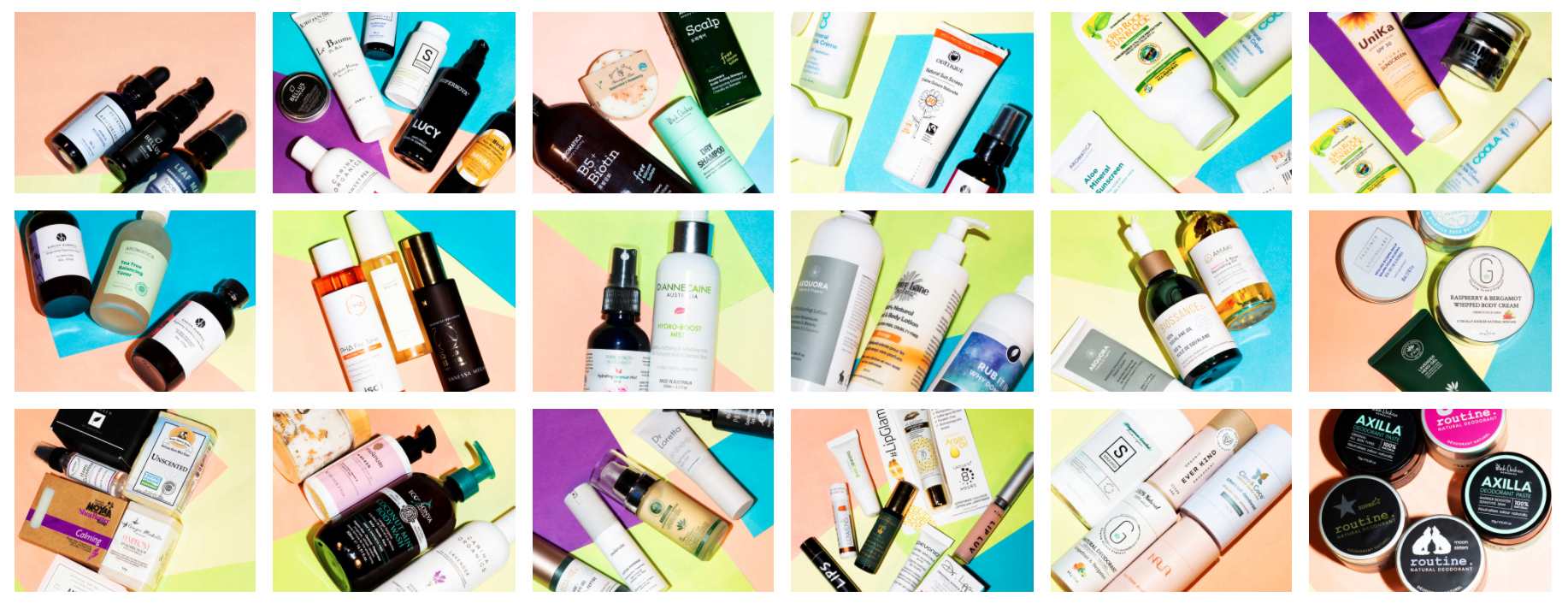

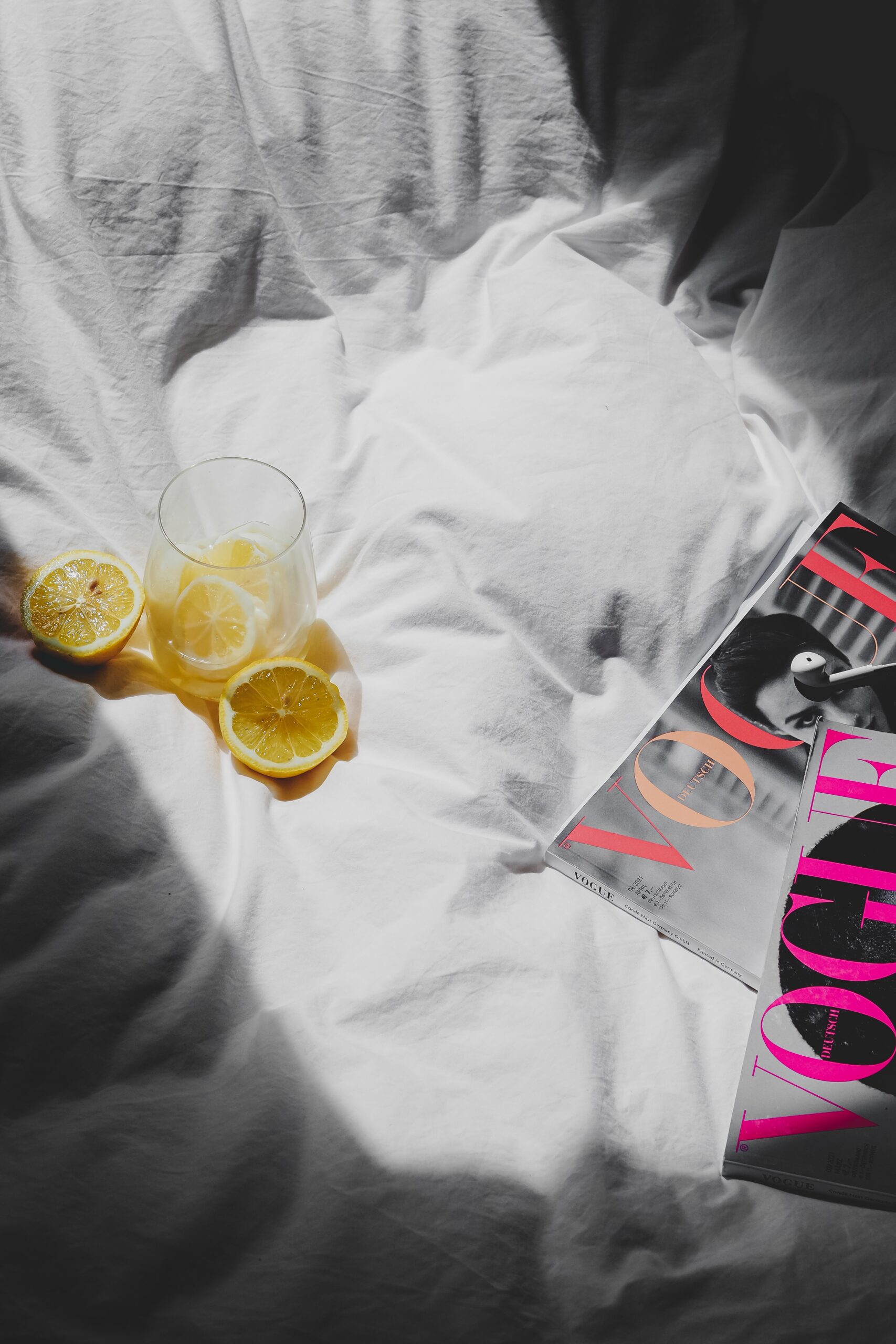
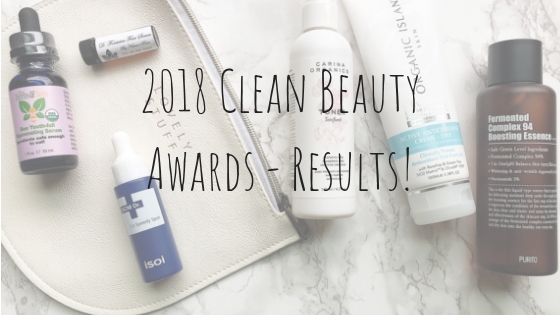
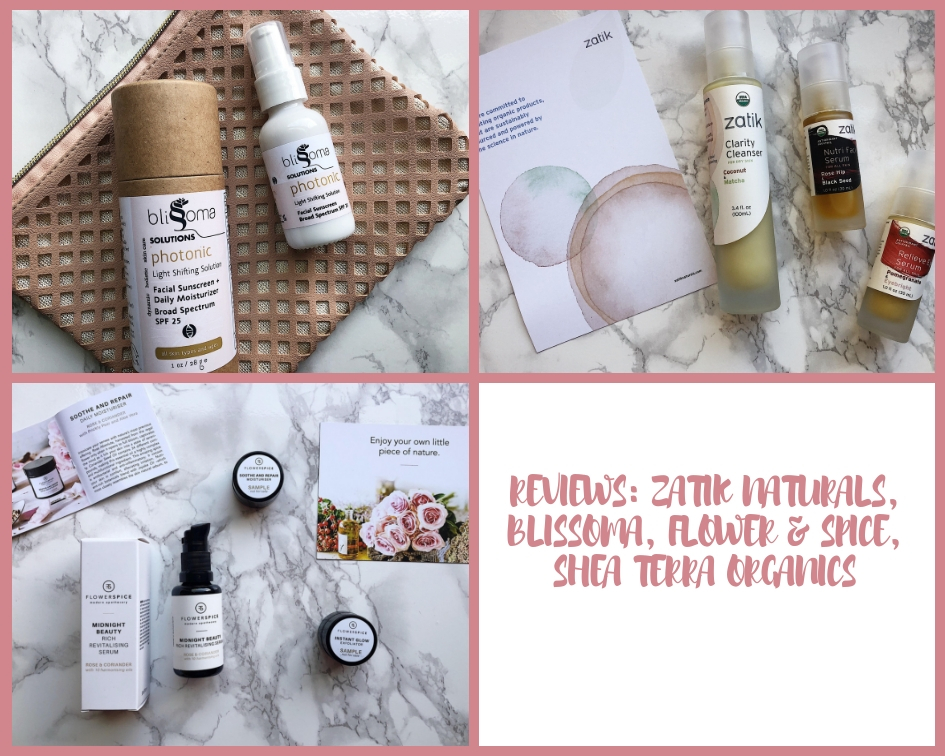
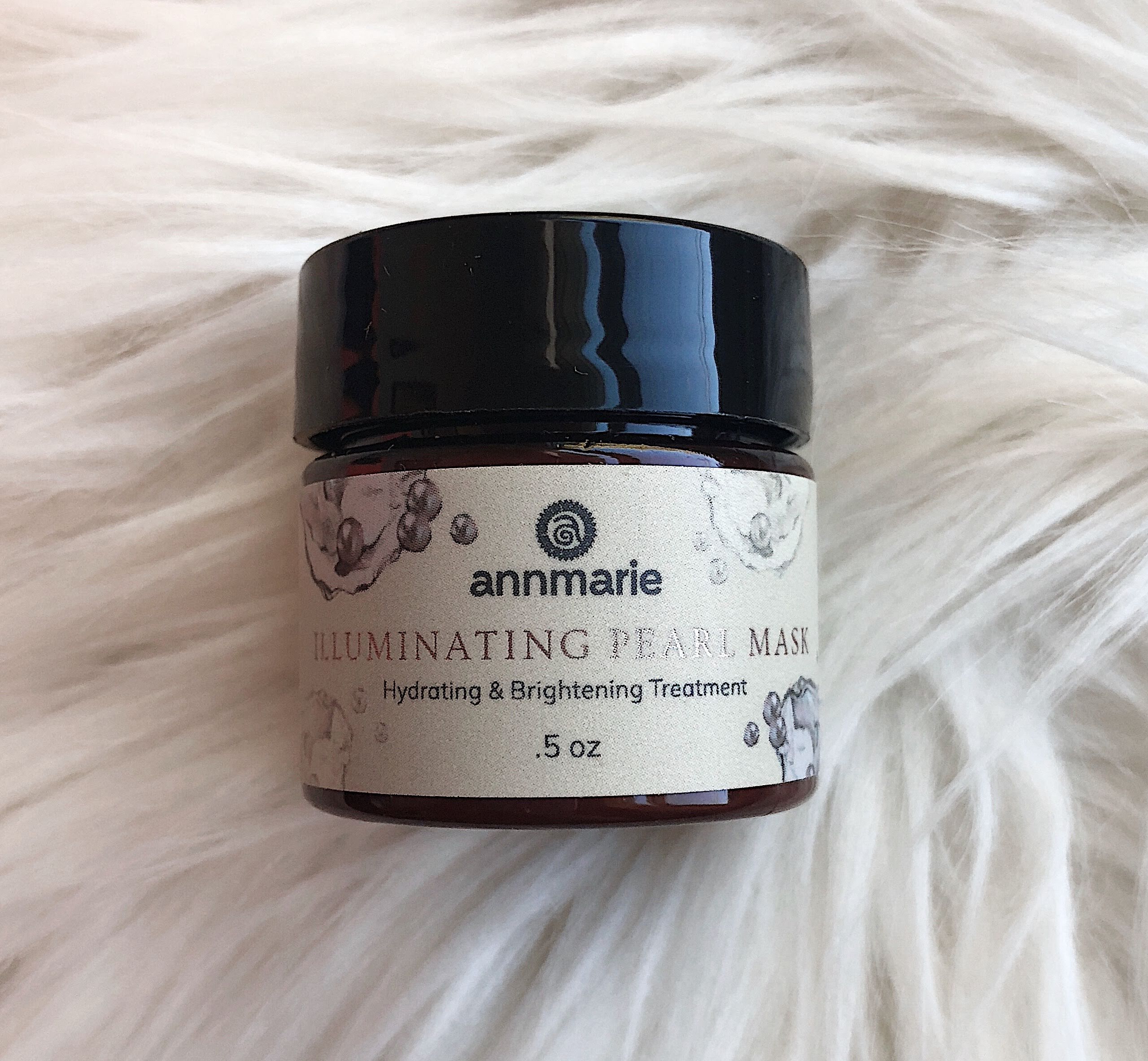
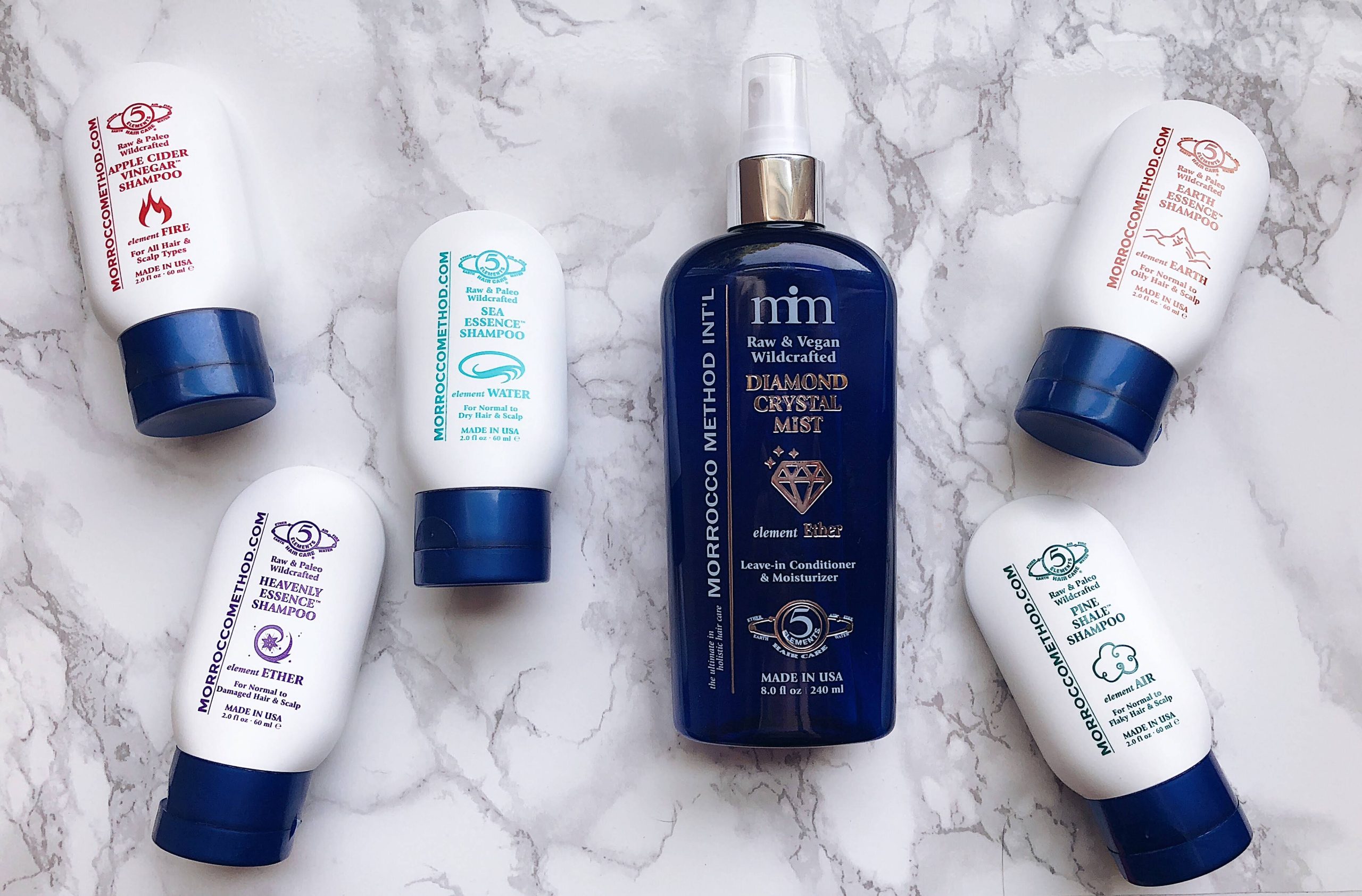
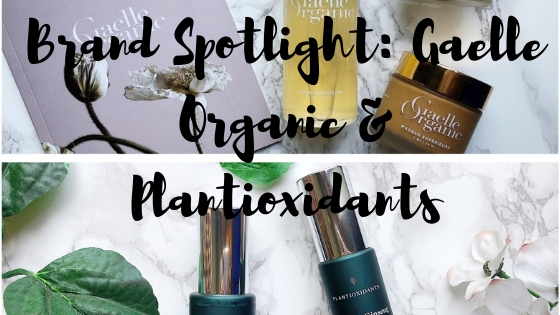
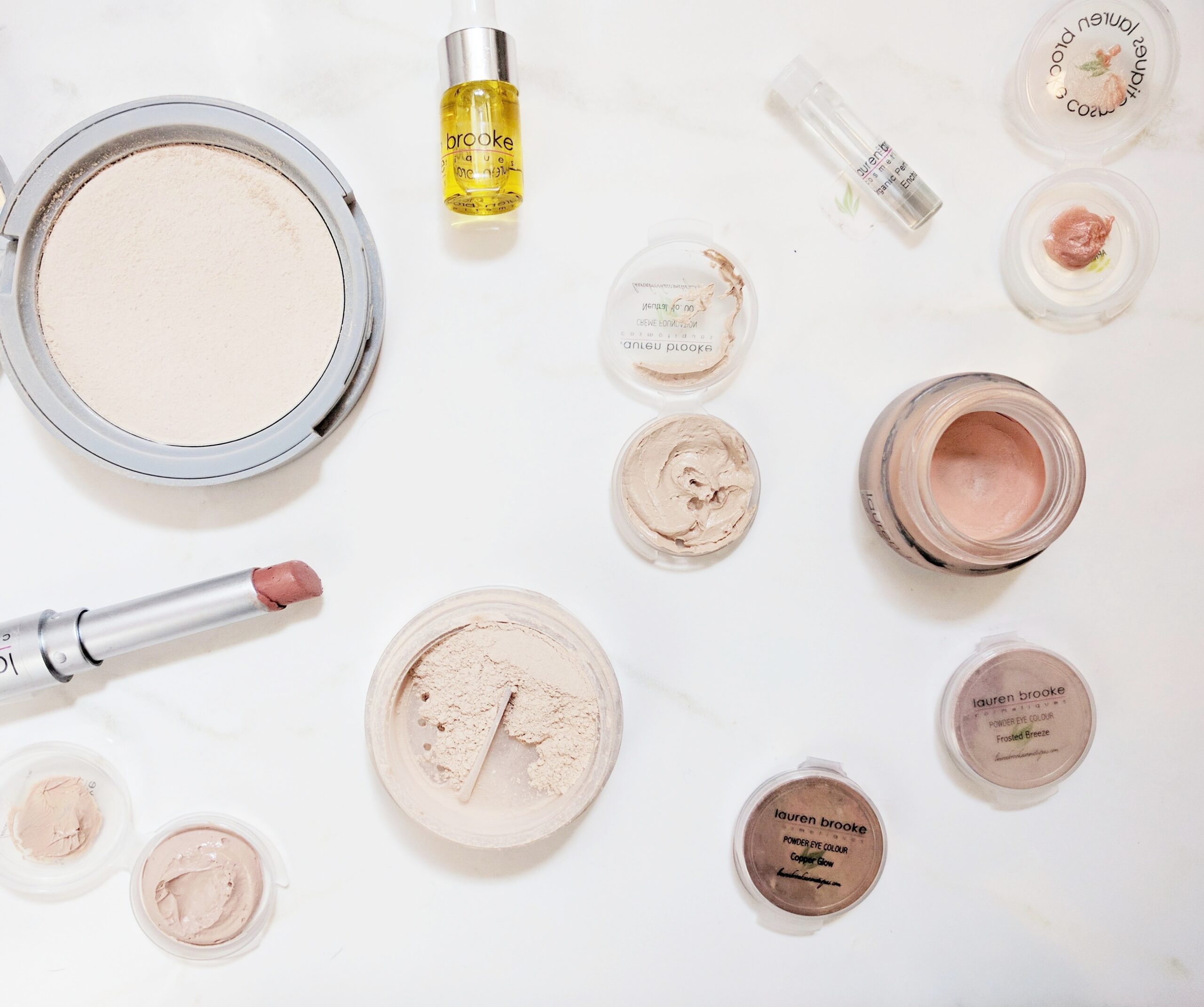
Comments +